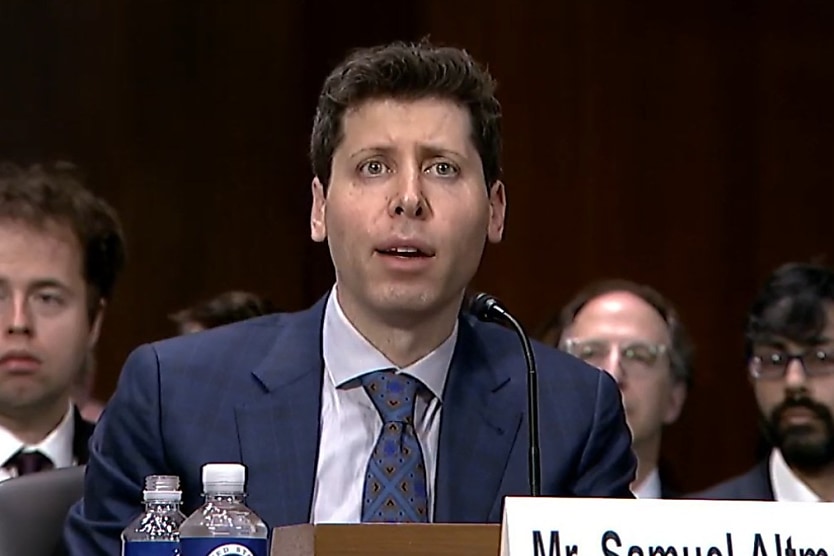
Sam Altman, chief executive at OpenAI, the company behind the revolutionary ChatGPT service, has called for government intervention in the fledgling technology.
“Regulation of AI is essential,” Mr Altman, speaking at a recent Senate judiciary subcommittee on privacy, technology, and laws, said, adding his belief that “regulatory intervention by governments will be critical to mitigate the risks of increasingly powerful models”.
Since launching at the end of last November, ChatGPT has been the face of the artificial intelligence revolution presently sweeping the globe. Such is the scarily immeasurable capabilities of AI; at the end of March, over 1,000 tech experts, including Elon Musk and Steve Wozniak, penned and signed an open letter declaring a six-month pause on AI development be enacted.
Contained within the letter were stark warnings about AI’s capacity to “profound[ly] change in the history of life on Earth”, adding the technology posed great “risks to society”.
Even though the open letter described the technology as “seemingly incapable of being understood, predicted, or reliably controlled”, Mr Altman’s comments suggest government intervention in the space could be one possible solution for wrangling AI.
Mr Altman, who has been in his position as CEO of OpenAI since 2020, was alongside Mr Musk and entrepreneur Peter Thiel, one of the initial funders of the company.
“For a very new technology, we need a new framework,” he insisted. As part of the Senate hearing, he suggested the US government should look at licensing and testing requirements for development and release of AI models, as well as calling for the establishment of a set of safety standards and a specific test AI models would need to pass before they can be deployed and utilised.
Despite perceived negativity around AI’s potential ramifications, Mr Altman shared OpenAI is constructing tools that would allow the system to, in future, “address some of humanity’s biggest challenges like climate changes and curing cancer”, but he conceded current systems were simply incapable of achieving these outcomes.
“OpenAI was founded on the belief that artificial intelligence has the ability to improve nearly every aspect of our lives, but also it creates serious risks that we have to work together to manage,” he explained.
One of the primary concerns arising from the widespread adoption of artificial intelligence software has been the potential impacts on the global labour force, with many workers fearing their employment will be replaced by automated systems, like AI.
Mr Altman used the Senate hearing to quash these fears, stating that “there will be far greater jobs on the other side of this”, especially when considering his position that ChatGPT and similar services are “tool[s], not creatures”.
“GPT4 and tools like it are good at doing tasks, not jobs,” he said, adding the system “will entirely automate away some jobs”, but warmly caveated that “it will create new ones that we believe will be much better”.
This article was originally featured in HR Leader’s sister brand, Real Estate Business.
Jack Campbell
Jack is the editor at HR Leader.










